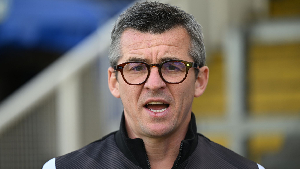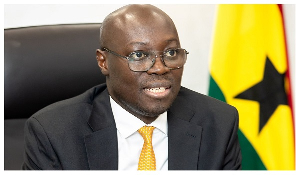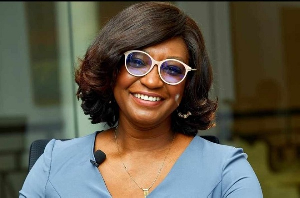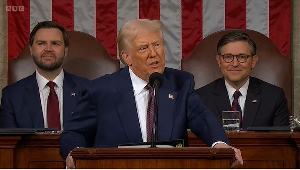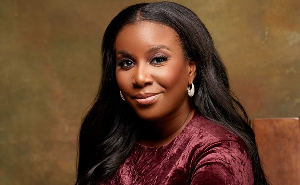Accra, Dec 31, GNA- Prof Jophus Anamuah-Mensah, Vice-Chancellor of the University of Education, Winneba, on has called for a comprehensive national policy to promote technical and vocational training to facilitate wealth creation.
He said the 160 technical and vocational educational training schools in the country were operating without coordination, hence the need for a policy framework to ensure effective management of training programmes.
Prof. Anamuah-Mensah, was delivering a lecture on: "Technical and Educational Training for Wealth Creation", at the 56th Annual New Year School underway at the University of Ghana (UG).
The school, being organised by the Institute of Adult Education of the UG, is on the theme: " Wealth Creation for Accelerated National Development: Imperatives and Challenges".
The Vice-Chancellor said Ghana would achieve very little in its drive towards wealth creation without efforts to reform technical and vocational training.
He said it was necessary to find solutions to the dwindling budgets of the TVETS, lack of professional teachers and obsolete equipment for teaching.
Prof Anamuah-Mensah said graduates from the TVETS were faced with lack of employment, academic progression and social recognition mainly through the distinction between technical and vocational schools and the general education system.
He advocated a special fund to support technical and vocational education, through a levy from employers, students and the industries. Prof Anamuah-Mensah also called for the re-introduction of entrepreneurial skills education and the promotion of Information, Communication and Technology into the curricula of the TVETS. TVETS graduates who want to establish their own ventures should be given tax holidays, credit and other state packages.
Rev Prof Emmanuel Addow-Obeng, the Vice-Chancellor of the University of Cape Coast (UCC), said it was worrying that between 33 and 40 per cent of qualified applicants to the public universities could not gain admission every academic year, while the ratio between female and male students admitted is not proportional.
He said the physically disabled and applicants from the rural areas especially from Northern, Upper East and Upper West regions, were also at a disadvantage in gaining admissions and suggested the need to bridge the gap to improve on the human resource development efforts.
Prof. Addow-Obeng said students who gain admission were often confronted with lack of teaching and learning facilities, mentioning the UCC were 1,200 could be crowded in one lecture hall for the large army of unmotivated lecturers to teach them.
Rev. Prof. Addow-Obeng said there was the need for scholarships and bursaries for students who genuinely cannot pay their fees. 31 Dec 04
General News of Friday, 31 December 2004
Source: GNA






